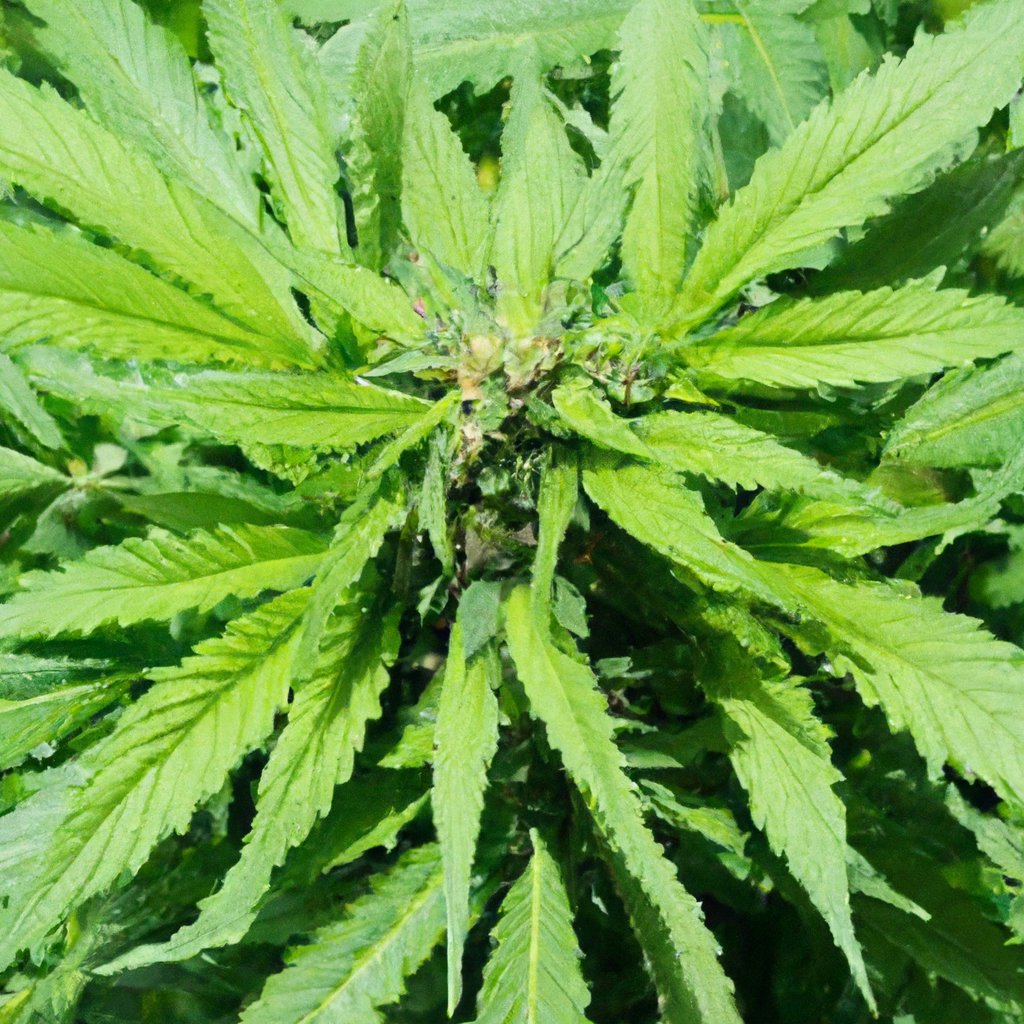Your cart is currently empty!
As the cannabis industry continues to grow, many cultivators are turning to organic methods to enhance the sustainability and quality of their harvests. By embracing natural fertilizers, compost, and pest control, growers can not only improve their crops but also support environmental health. This article will delve into the best practices for organic cannabis cultivation and explore the rewards of taking the natural route.
Building a Robust Soil Ecosystem
The cornerstone of thriving organic cannabis begins with establishing a vibrant soil ecosystem. Healthy soil is home to a diverse array of microorganisms that aid nutrient absorption, promote plant health, and improve yield quality.
- Composting: Integrate organic compost into your soil to infuse it with essential nutrients and beneficial microbes. This not only enriches the soil but enhances its water retention capabilities.
- Crop Rotation: Avoid soil fatigue by rotating cannabis with other plants. This diversification can prevent pest build-up and enrich the soil with varied nutrients.
- Mulching: Apply a layer of organic mulch to maintain moisture, reduce weed growth, and gradually enrich the soil as it decomposes.
Nourishing with Natural Fertilizers
Traditional chemical fertilizers often disrupt soil balance and harm ecosystems. Opting for organic fertilizers not only sustains a healthy environment but also promotes vigorous growth and resin-rich buds.
- Bone Meal and Fish Emulsion: These are excellent sources of phosphorus and nitrogen, offering a balanced nutrient intake essential for plant growth.
- Seaweed Extract: Packed with micro-nutrients, these can enhance plant health and resilience, especially during volatile weather.
- Compost Teas: Brew compost teas to introduce beneficial bacteria and fungi into the soil, boosting plant immunity and vitality.
Implementing Natural Pest Control Methods
Pest management is crucial in organic cannabis cultivation, and natural methods uphold the ecosystem’s integrity while safeguarding crops.
- Companion Planting: Cultivate pest-repellent plants like marigolds or basil near your cannabis to deter pests naturally.
- Beneficial Insects: Introduce predators like ladybugs or predatory mites to manage pest populations naturally.
- Neem Oil and Diatomaceous Earth: Utilize these natural substances to treat existing pest issues effectively.
The Rewards of Organic Cannabis
Opting for organic cannabis cultivation yields numerous advantages for both the environment and consumers:
- Environmental Benefits: Organic methods lead to reduced chemical runoff, preservation of biodiversity, and enhanced soil structure.
- Consumer Health: Without synthetic chemicals, the final cannabis product is cleaner and potentially healthier for consumers.
- Quality and Flavor: Enhanced terpene profiles and enriched cannabinoid content often result from organic practices, leading to superior aroma and potency.
Conclusion
Overall, transitioning to organic cannabis cultivation is a rewarding venture that aligns agricultural practices with ecological stewardship. By building healthy soils, using natural fertilizers, and adopting green pest control strategies, cultivators not only contribute to environmental conservation but also deliver a high-quality product that resonates with the growing demand for organic alternatives.
Embracing these sustainable practices enables access to burgeoning markets and cultivates a cleaner, greener future for cannabis cultivation.
Tags: OrganicGrowing, NaturalCultivation, SustainablePractices, CannabisCultivation, SoilHealth
Discover more from Magic Clones
Subscribe to get the latest posts sent to your email.


Leave a Reply